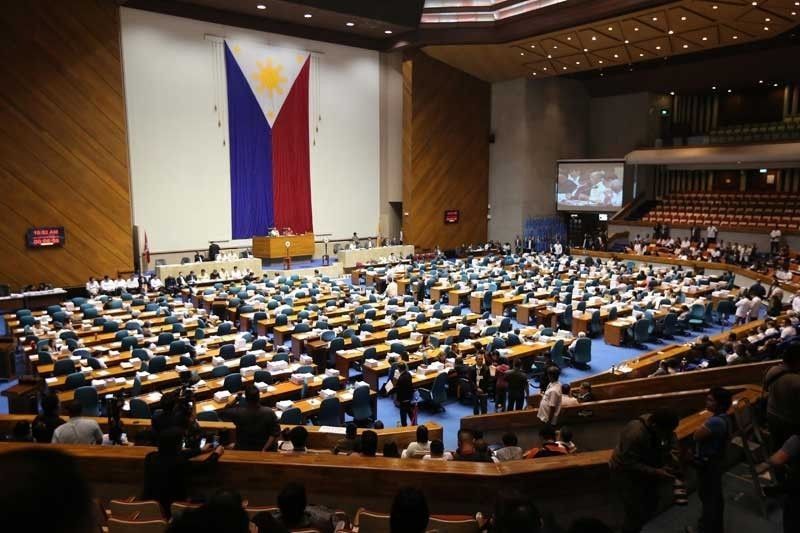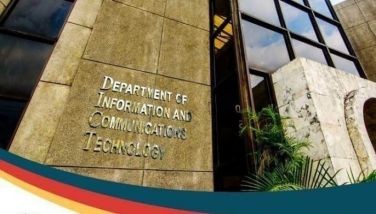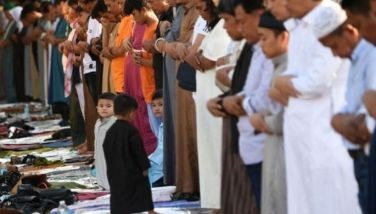House approves anti-terror bill on final reading despite backlash

MANILA, Philippines (Update 2, 7:42 p.m.) — The House of Representatives on Wednesday evening approved the proposed “Anti-Terrorism Act of 2020” (House Bill 6875) on third and final reading notwithstanding overwhelming public backlash.
A total of 173 congressmen voted to pass the measure, outnumbering 31 who voted negative and 29 others who abstained.
Like its controversial Senate counterpart approved in February, the bill if passed into law would effectively repeal the Human Security Act of 2007 and replace it with a harsher law.
RELATED: ‘Anti-terror’ bill defines terrorism vaguely but has clear and specific dangers
Like its controversial Senate counterpart approved in February, the bill if passed into law would effectively repeal the Human Security Act of 2007 and replace it with a harsher law.
Rep. Jericho Nograles (PBA Party-list) said that there is no need for a Bicameral Conference Committee to convene since there are no conflicting provisions between the House and Senate versions of the proposed anti-terrorism law.
The House of Representatives adopted the version of the bill that the Senate had already passed on third and final reading.
Since the counterpart bills are compatible, the final version's enrolled form will be printed and submitted to Malacañang for the signature of President Rodrigo Duterte — who had previously certified HB 6875 as urgent in the middle of the COVID-19 pandemic.
He may opt to sign it into to law, veto it in its entirety, veto specific provisions or let the bill lapse into law upon inaction. The president certified the bill urgent, making a veto unlikely.
Criticism of the bill
Among criticisms of the pending legislation is that its definition of terrorists and what constitutes as acts of terrorism are prone to unconstitutional abuse, especially since the chief implementer of the act if passed is the Anti-Terrorism Council (ATC).
This body is comprised of several members known for red-tagging and persecuting legal organizations, institutions and individuals.
Red-tagging is defined by Philippine jurisprudence as “the act of labeling, branding, naming and accusing individuals and/or organizations of being left-leaning, subversives, communists or terrorists (used as) a strategy... by State agents, particularly law enforcement agencies and the military, against those perceived to be ‘threats’ or ‘enemies' of the State.”
The same day HB 6875 was approved on first reading in House last week, the National Task Force to End Local Communist Armed Conflict enumerated and accused multi-sectoral organizations of serving as legal fronts of underground groups.
In effect, suspected “terrorists” can be detained for up to 24 days without warrant of arrest, compared to the three-day maximum detention permitted under the Human Security Act.
They also face a range of additional threats like the following, as warned by the National Union of People's Lawyers:
- Lengthier surveillance operations
- Wiretapping and recording of private communications
- Accessing of databases
- Examining bank records
- Freezing the assets of persons and organizations suspected of financing terrorism or having connections with alleged terrorists
- Lack of hearing and presentation before a judge
- Criminalizing speech
- Latest
- Trending
































